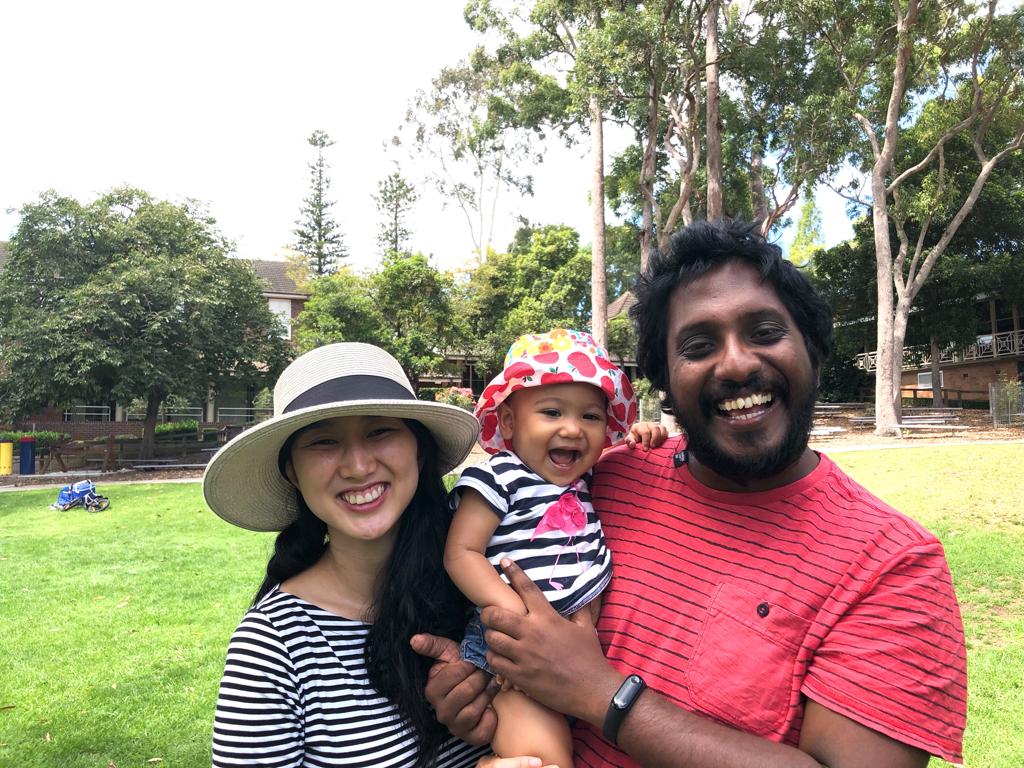When people ask where I’m from culturally, my first answer is usually to say I’m confused.
I was born in Hyderabad, south India, but culturally I’m from another state called Kerala. In my city I wasn’t of the major culture of that city, but I grew up with all of my cousins and had Kerala identity while we were in Hyderabad.
When my dad got a job in Kuwait in the Middle East, we moved there and again lived amongst people that were Keralan. All my social circles were Indian, I’d only integrate with Kuwait people when I was out buying food.
The places I resonate most with are India and New Zealand

Learning another context
After high school my family moved to New Zealand for better education. My social circle grew, I was mixing with New Zealanders as well as Indians. I started feeling more Kiwi as I grew older and more independent. The places I resonate most with are India and New Zealand. I’ve now been in Australia longer than I’ve lived in India or New Zealand, but I don’t feel Australian.
When I married my wife, who is Chinese but feels very Aussie, we moved to a church of people from Cantonese Hong Kong background. The majority of people are second generation Australian Born Chinese. We were asked to serve there as I studied because I had worked with the Asian-Australian Christian Evangelical Students group (ACES) at Sydney University during my ministry apprenticeship. I’ve had to work hard how to best care for these people, and if I could do that in another context and do more with what I’ve learned, I thought it would be a good experience.
I've had to work hard how to best care for these people, and if I could do that in another context and do more with what I've learned, I thought it would be a good experience.

It has been challenging to learn another context. It’s easy to just assume the students and our congregation members are either Chinese or Aussie, but they’re really not. The challenge is to come with a bit of humility and learn. There’s lots of stuff that is assumed, and that’s true of any cultural grouping. Unless you ask questions and make mistakes, it’s hard to know, You have to be willing to be taught by the people that you’re there to teach.
Ethnicity and culture are important, but character and competency are worth more
I understood some of the Eastern thinking and their desire for community, instead of the anglo desire for individualism. Having lived in lots of different places and being forced to assimilate at different times has made me a lot better at understanding them a bit more. I think it’s helpful knowing what they’re going through to some degree, it means I can speak to them but I need to not assume that our experiences were the same.
My prayer is for more people to do the work of winning people for Christ.
I think ethnicity and culture are important, but if someone has the right character and competencies I would encourage them to consider ministry. If there’s not many Indian people to raise up, then maybe that’s a reflection of who our churches are reaching out to. My prayer is for more people to do the work of winning people for Christ. If people are doing the work of evangelism and discipling, that’s the main game.
























